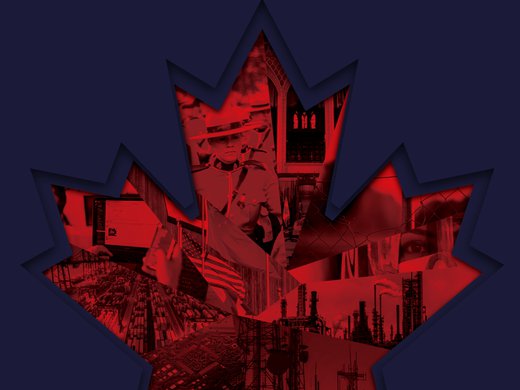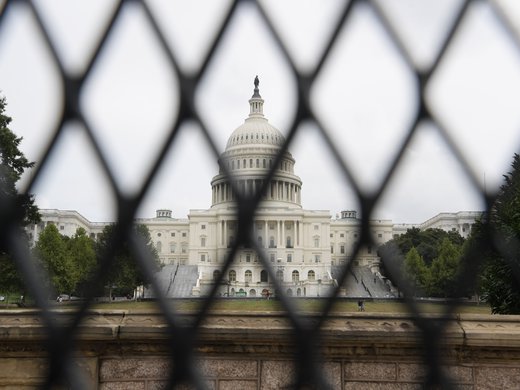Canada’s geographic isolation has led to a false sense of security. Events surrounding the appearance of the suspected Chinese surveillance balloon that traversed North America earlier last month before it was shot down by the US military, combined with recent media reports about Chinese interference in the 2021 federal election and monitoring buoys found in the Arctic, have all but destroyed the Canadian illusion of safety.
The world around us is rapidly being reoriented. There is an urgent need for a new Canadian national security policy that considers new and emerging threats.
Such a policy should begin with a strong economic foundation that privileges the domestic development of intangible assets, intellectual property (IP), and the use and commercialization of data, as well as the strategic injection of Canadian technology into international markets. That, in turn, requires a better understanding of the relationship between IP and national security.
Observers have long linked the inadequate safeguarding of IP to Canada’s long-standing innovation problem and this country’s lack of technology champions compared with the United States. Governments, which have set up various agencies to help commercialize domestic patents, have long focused their policies in that direction. But IP is not just a commercial or economic issue.
As things stand, the trend is worrying. Technology, in particular the knowledge assets of Canadian businesses, universities and research centres, appear to be ripe for picking.
In a debate in the Canadian Senate, Senator Colin Deacon summarized the problem aptly when he said, “Despite being a nation of innovators with a globally competitive research engine, far too much of our IP is commercialized elsewhere.”
Over the past 20 years, Mr. Deacon noted, the portion of Canadian-invented patents transferred to foreign firms has tripled from 18 percent to more than 50 percent.
The so-called “front-door” techniques, those that are technically legal and deployed openly, include the use of legal mechanisms to acquire Canadian assets, including IP and other intangible property. This can be done through mergers-and-acquisitions type activities, such as share purchase agreements and asset purchase agreements by foreign direct investment (FDI).
In the latter case, FDI-type transactions (referring to non-Canadian investments) may be subject to government review under the Investment Canada Act, and the associated “Guidelines on the National Security Review of Investments.” The guidelines do make it clear those FDIs by state-owned investors, or private investors assessed as being closely tied to foreign governments, will be subject to enhanced scrutiny. But more is needed.
For example, notwithstanding the new “National Security Guidelines for Research Partnerships,” a recent Globe and Mail investigation reported that Canadian university researchers may have collaborated with a Chinese army scientific institution on high-tech research projects, “generating knowledge that can help drive China’s defence sector in cutting-edge, high-tech industries.”
Then there are the so-called “backdoor” techniques used to illegitimately access Canadian know-how, through IP theft or economic espionage. These can include embedding rogue employees into a company, or penetrating and copying data from company servers. A cursory Google search will reveal numerous stories about schemes employed by foreign actors to unlawfully extract know-how from Canadian companies. These brazen and unscrupulous schemes are designed to gain strategic or economic advantage.
Canada’s most recent national security strategy was developed in 2004 — nearly two decades ago. The world has changed dramatically since this time, as has this country’s place within it. The previous distinction between national security and IP policy has narrowed, and Canada urgently needs an updated framework to address a suite of threats that evolves almost daily.
Canada’s era of splendid isolation is over.
This article first appeared in The Globe and Mail.



